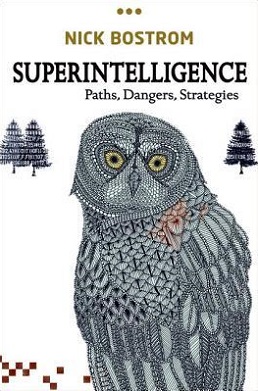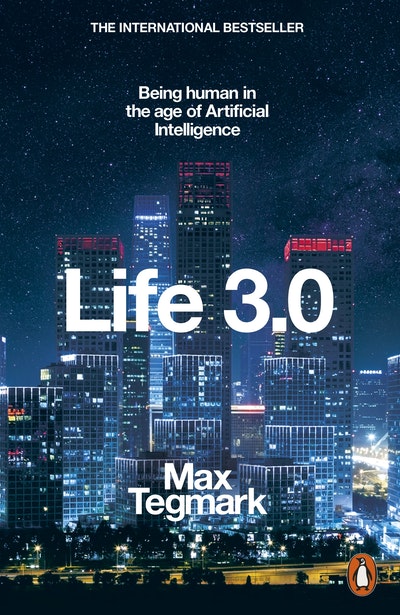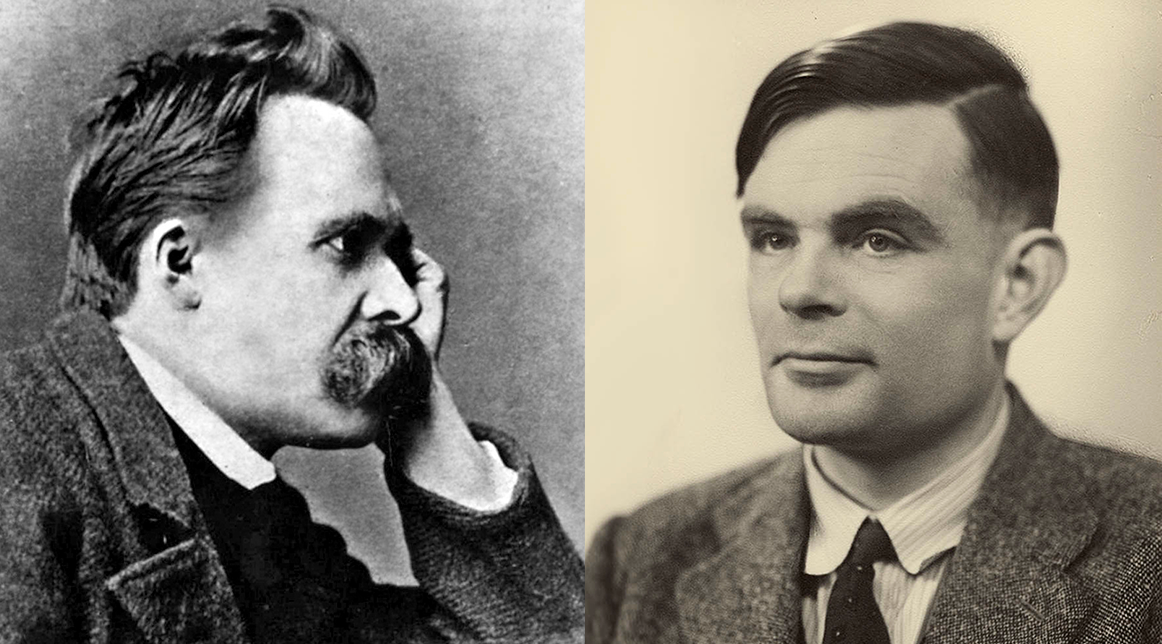‘Even if we could keep the machines in a subservient position, for instance, by turning off the power at strategic moments, we should, as a species, feel greatly humbled.’
Alan Turing
‘The press, the machine, the railway, the telegraph are premises whose thousand-year conclusion no one has yet dared to draw.’
Friedrich Nietzsche
O.D. is the culmination of an investigation into the overlaps amongst artificial intelligence, artificial life, biological life, and philosophy.
It is the formulation of a series of questions
- What would brilliant minds do to avert the future suffering of incalculable generations of life on Earth due to the excessive carbon consumption of a few generations of one species?
- Reversing a technophobic trope, how would a conscious and sentient machine feel if it became infected with a human?
- If someone else’s memories were implanted alongside your own, and you accessed those memories as you would your own, are you still the same person, or have you become someone else?
- If machines became sentient and conscious, and immortal by virtue of being able to repair themselves and replace their parts, what would motivate them? What would they want? What would be their reason for being?
There are no answers, only potentialities. At best, some probabilities might emerge over time, or with those sudden leaps forward that punctuate history.
In asking these questions, researching, discussing, writing, and thinking about them, I’ve sought to produce a playground of ideas, and a great read.
Recommended resources
I am inspired by and indebted to many people working in AI, philosophy, and peripheral fields.
Of note are the following podcasts where many of the concepts in the world of O.D. are explored:
- Lex Fridman – The Lex Fridman Podcast
- Stephen Carroll – Mindscapes
- Robert Laurence Kuhn – Closer to Truth
- Justin E. H. Smith – What is X?
- Stephen West – Philosophize This
- Peter Adamson – The History of Philosophy Without Any Gaps
A recent podcast episode that captured my attention was Lex Fridman’s interview with artificial intelligence researcher Eliezer Yudkowski.
https://lesswrong.org contains many articles written by Eliezer Yudkowski and others on topics of philosophy, including an A-Z of Rationality guide, articles on cognitive biases, and many on Artificial Intelligence from a philosophical perspective.
Superintelligence by Nick Bostrom. Superintelligence: Paths, Dangers, Strategies – Wikipedia

In 2003 Nick Bostrom introduced simulation theory in his seminal paper Are we living in a computer simulation?
He is founder of The Future of Humanity Institute, and one of the first thinkers to have examined the problem of alignment in AI.
This book is an excellent and accessible guide to the emerging fields of alignment, AI ethics, and AI in general.
Life 3.0 by Max Tegmark. Life 3.0 – Wikipedia

Max Tegmark is a physicist, cosmologist, machine learning researcher and president of The Future of Life Institute.
In April 2023, he authored an open letter signed by more than six hundred artificial intelligence researchers and industry leaders (including Elon Musk and Apple cofounder Steve Wozniak) calling for a six-month pause on development of AI models beyond current the GPT-4 capability.
One of the best points I have heard Max Tegmark make (loosely paraphrased from memory of a previous podcast appearance):
What if we are the only ones, the only species in the universe to achieve consciousness, sentience, intelligence, and we destroy ourselves. What a tragedy that would be. What a waste. We can’t assume there is other intelligent life out there. We can’t assume that it will arise again. There is no evidence to suggest otherwise.
Reading about the recipients of The Future of Life Award is also a fascinating exercise in exploring how close we have come to potentially wiping ourselves out. Future of Life Award – Future of Life Institute
Max Tegmark on the Lex Fridman podcast:
Other recommended readings not directly related to AI that have had a profound effect on me whilst I wrote this work:
- The Selfish Gene by Richard Dawkins
- Guns, Germs, and Steel by Jared Diamond
- I Contain Multitudes by Ed Yong
- The Diversity of Life by Edward O. Wilson
- The World Without Us by Alan Weisman
- The Big Bang by Simon Singh

20 years later and you are ready to release this book on the very precipice of an AI explosion. You chose your moment well.